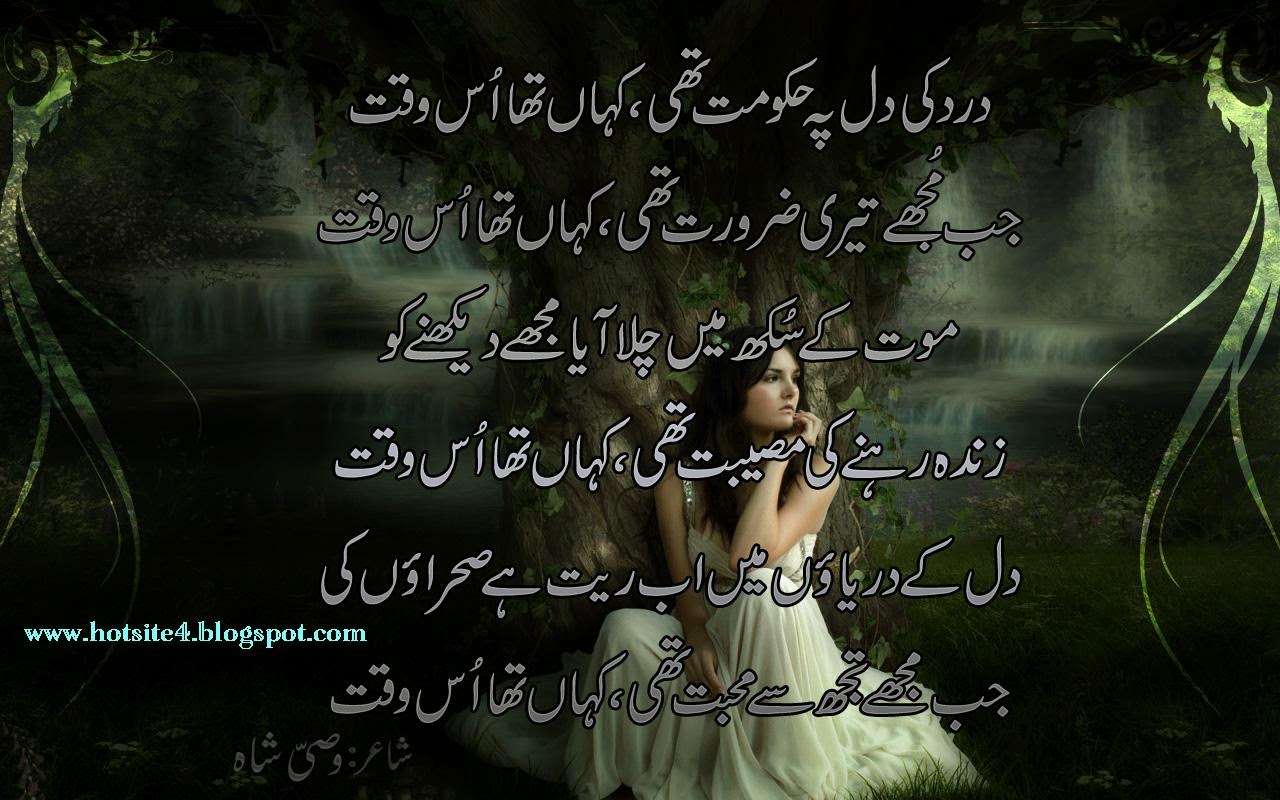
“I write this at a time when books aren’t popular,/ The thought of the subject occurred while playing bridge,/ With a certain dilettante who sounded jocular,/ And had no love of books, though himself from Cambridge./ I grew confident as that made my lays less ignoble,/ Meaning my scribbles may sit at Barnes and Noble.” Will his work be read and appreciated? Will it find a publisher? And, more importantly, will it outlive him?ĭoubts assail him even when he is certain that his work is worthy of the best of publishers. As the Bard muses over events played out on the stage of world history, the epic stays rooted in the poet’s - or, for that matter, any writer’s - insecurities. Though their language is still young,Īnd sweet sounding when you tune Milton’s verse,īut of all languages it doesn’t quite pique,Īudacious as the idea of talking history with its very architect - God - is, there’s a certain geniality to this repartee.

“But bard you seem too inclined towards the English tongue,Ĭan’t blame you, they controlled all commerce, It was there that he was “corrupted by an English education and a voracious appetite for world history.”īut while English may hold a certain appeal for the Bard, God prefers Greek: This debt to English is acknowledged in the introduction, where the British Pakistani poet says his nom de plume is taken from the Hughes Hall college of the University of Cambridge. Indeed, its sensibility is entirely English, whose literary canon and influence it bows to in marked reverence. In rhyme and metre, though, the epic owes more to Lord Byron’s Childe Harold’s Pilgrimage than the blank verse of Paradise Lost. There is nothing by way of dark prophecy, but Hughes does, like Milton, draw on the Greek tradition to enact historical theatre. Or perhaps a little bored, weary of His own creation? The Bard, called upon to “speaketh somewhat above a mortal mouth”- as the poet Ben Jonson puts it - pours out his muse, ad-lib, for the Almighty to be amused. God comes across as avuncular, with an eccentric, indulgent mien, eager to be entertained by the Bard (Hughes).

Quoting John Dryden, the poem’s epigraph promises to deliver droll humour and wit aplenty: “To tell men freely of their foulest faults / To laugh at their vain deeds, and vainer thoughts.”Īt the heart of the epic is an endearing God - not judgemental, just indifferent - and a Bard risen from the grave to find himself in the Creator’s august company. For that, it has to stand the test of time.įor now, though, it is satire that manages to be both serious and sagacious. But the parallels drawn are, by no means, meant to equate it to, or give the impression of it being a classic. For that aspiration, Of Kings and Nobilities is admirable, even worthy in the manner few contemporary Pakistani works of poetry are for such ambition. Perhaps it is inevitable to find parallels in a work that, while seeking to soar on its own strengths, stays true to the tradition of the classics.

More immediately, it is fine poetry simply for the joy of it, delivered through playful lyrical flourishes woven with astute observations on history.Ī British-Pakistani poet’s satirical epic is fine poetry delivered through playful lyrical flourishes woven with astute observations on history Rooted in the classics, it is ‘art for art’s sake’, but if one is to take God’s word for it - “verse my dear is nothing but a dress of thought” - it also seeks to edify by way of wit and wisdom. Hughes’s satirical epic Of Kings and Nobilities, while wearing Shikwa’s grand aspect of engaging God and Man in a dialogue, eludes the religious by putting human history centre-stage, employing humour to extract wisdom from human foibles. How about verse that eschews the melancholy drama, that pokes fun at the hubris of mere mortals with a God Complex? An epic spun from momentous historical events, reflecting upon the character of Man who shaped them, seemingly neglectful of the Divine Plan in his all-consuming ‘war for earth’, through a tumultuous 2000 years of human civilisation? One that is sombre if need be, but speaking many a true word by jest?ī.J. Grave subject matter, this ‘art for God’s sake’ where the decline of man takes a religious view: him straying from the right path.

In their epics Shikwa, Jawaab-i-Shikwa and Paradise Lost, both poets put a sullen Man (in case of Milton, also his cloven-hoofed accomplice) on the couch to analyse the abiding scars of that most soul-shattering of moments: Man’s fall from grace, his expulsion from Paradise by a Creator defied. But with luminaries of the stature of Allama Muhammad Iqbal and Milton, history is particularly thrifty. Perhaps the world needs another John Milton for our “age of anxiety” to explain man’s fall from grace, or another ‘poet of the East’ to justify God’s ways to man.


 0 kommentar(er)
0 kommentar(er)
